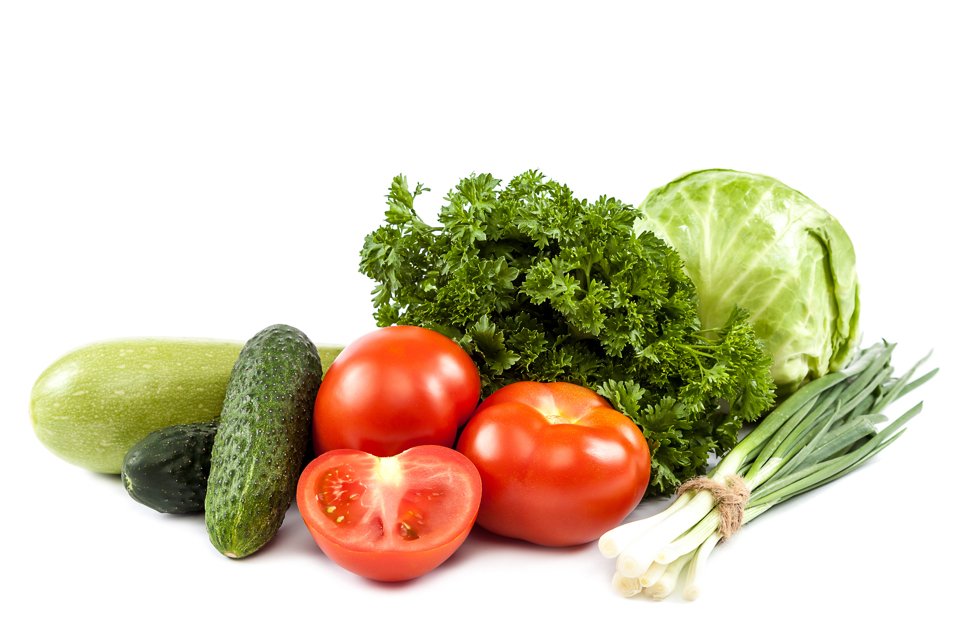AUSVEG has reiterated its 2022 federal election priorities ahead of the upcoming election next month.
This follows the industry body publishing its priority list earlier in 2022 to highlight the economic and health benefits that vegetable growers contribute to regional and national communities and their economies.
While AUSVEG’s 2022 federal election priorities are grouped into nine critical areas that will help improve health benefits for the Australian public, as well as economic benefits for fresh producers and their communities, its top three priorities are:
- Investment in a behavioural change campaign to increase domestic consumption of vegetables and potatoes.
- Clear commitment to deliver and expand the Ag Visa to ease the labour pressures facing growers.
- Establishing a national labour hire licencing scheme to help protect vulnerable workers and growers against illegitimate labour hire operators.
AUSVEG CEO Michael Coote says that this list has been the result of extensive consultation from growers and industry associations from every major vegetable production region.
“AUSVEG represents over 3600 vegetable producers that account for 3.83 million tonnes of vegetable production worth $4.9 billion in farmgate value and over $5 billion in retail value annually – it is one of strongest performers of Australia’s agriculture industry that has tremendous potential to continue its growth trajectory,” he says.
“The production and supply of fresh produce is a truly a national industry that employs over 60,000 workers, not to mention the tens of thousands of additional jobs through the supply chain to process, transport and stock produce.
“AUSVEG’s 2022 federal election priority list is endorsed by our state and territory grower associations and reflects a unified vision for the future success of our industry. It includes a range of issues that will help the industry recover from the Covid-19 pandemic, as well as help place the industry in the best possible position to tackle the future challenges that will emerge post-Covid.”
Addressing consumption
Securing funding for a national behavioural change campaign, says AUSVEG, will address the trend of declining vegetable consumption.
The average Australian, according to the industry body, is eating around 13kg fewer vegetables per year than 20 years ago – equating to around half a serve per day.
“According to the Fruit & Vegetable Consortium, which comprises members across the health, nutrition and agriculture sectors and has developed a compelling business case to support a behavioural change campaign, an increase vegetable consumption by a serve per day would conservatively generate an increase in industry returns of $1.3 billion per annum shared by all parties along the food supply chain,” says Mr Coote.
“This will lead to improved health and well-being outcomes that drive reductions in mental and physical health issues, obesity and other illnesses. Not only that, but every new job created in the Australian food industry supports an additional job in the regional economy.”
Ag Visa
A clear commitment to continue delivering the Ag Visa, says AUSVEG, will ensure that the industry is able to secure the workers it needs to plant, harvest and pack fresh produce to consumers.
“The Ag Visa was never intended to be a short-term solution to issues that stemmed from the Covid-19 pandemic,” says the industry body. “It is a long-term structural change for the industry to access a more efficient and effective workforce and reduce its reliance on working holiday makers.
“AUSVEG has been working closely with the federal government on the development of the visa to ensure the program’s integrity through incorporating high worker welfare standards. Growers need certainty around the availability of critical farm workers, so we are calling on Prime Minister Scott Morrison and Opposition Leader Anthony Albanese to make clear commitments in support of the Ag Visa to give industry the certainty it needs.”
National Labour Hire Licencing Scheme
AUSVEG says establishing a National Labour Hire Licencing Scheme will help protect vulnerable workers and growers against illegitimate labour hire operators.
“The horticulture industry relies heavily on labour hire to supply a workforce, and the majority of growers and labour hire contractors do the right thing and look after their workers,” says Mr Coote.
“A national labour hire licencing scheme will support vegetable and potato growers by making our entire sector a fairer, safer and more attractive workplace for workers.
“Addressing the issues that are hindering the industry’s future growth now will allow growers to run more efficient and effective businesses and help the vegetable and potato industry to play its role in agriculture reaching its $100 billion target by 2030.”
View AUSVEG’s 2022 federal election priorities and grower case studies from each state here.


